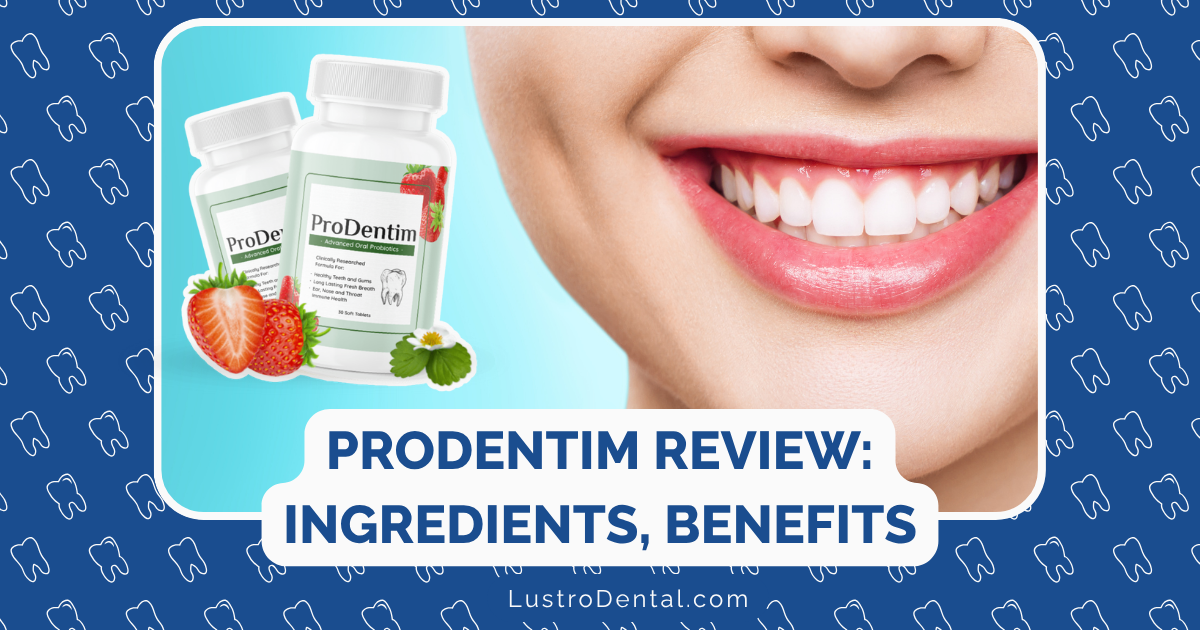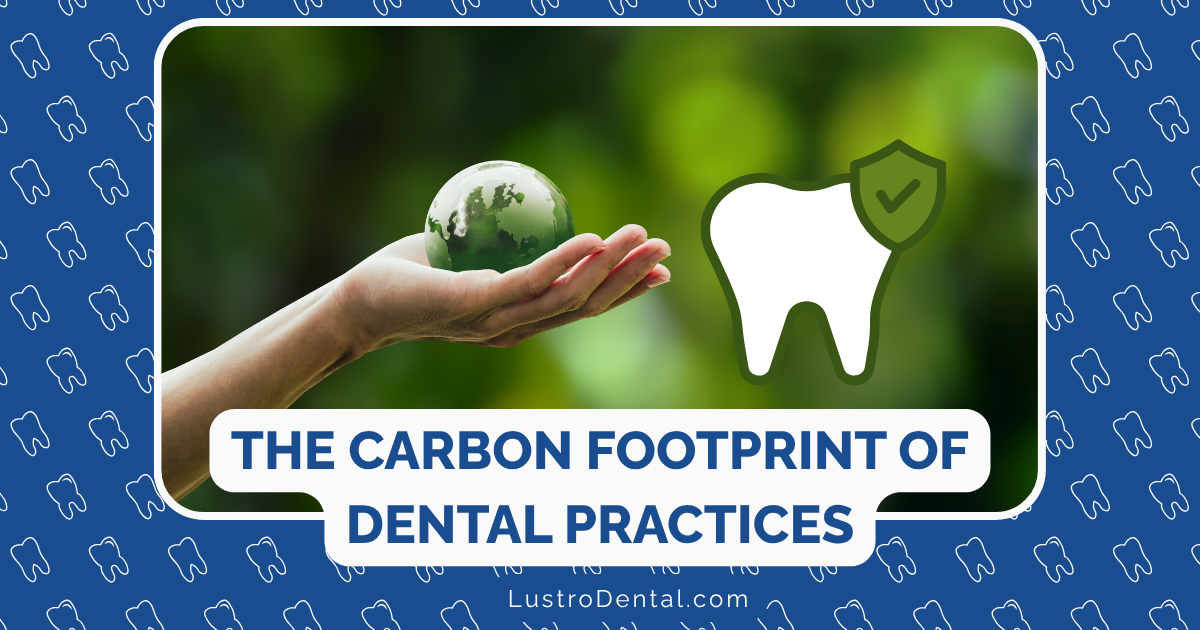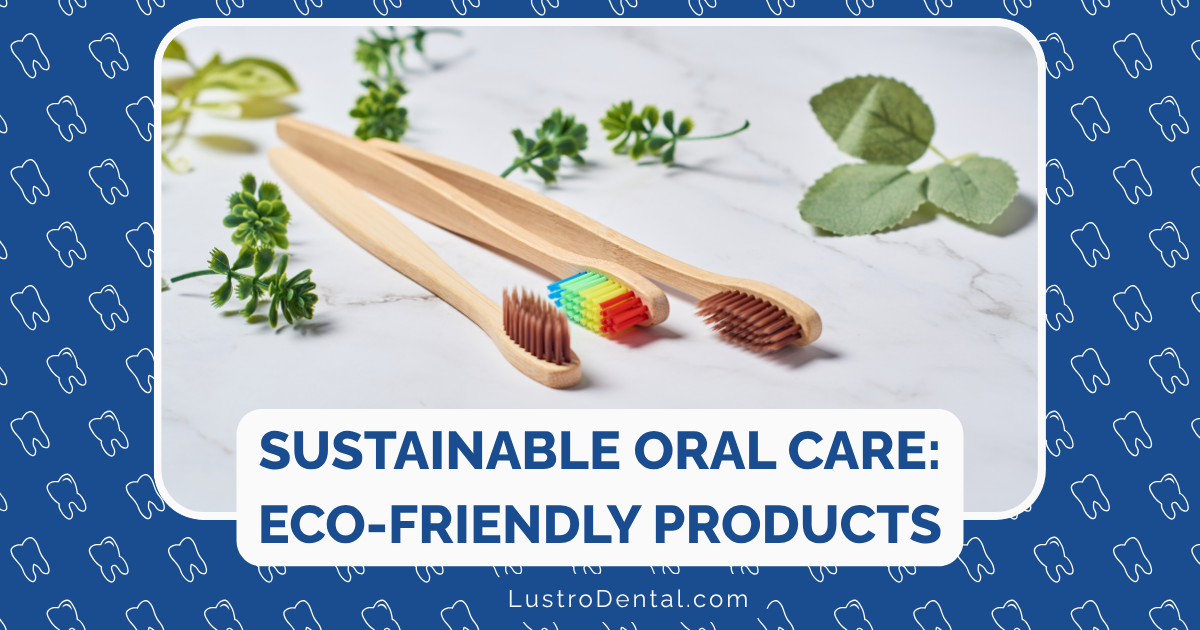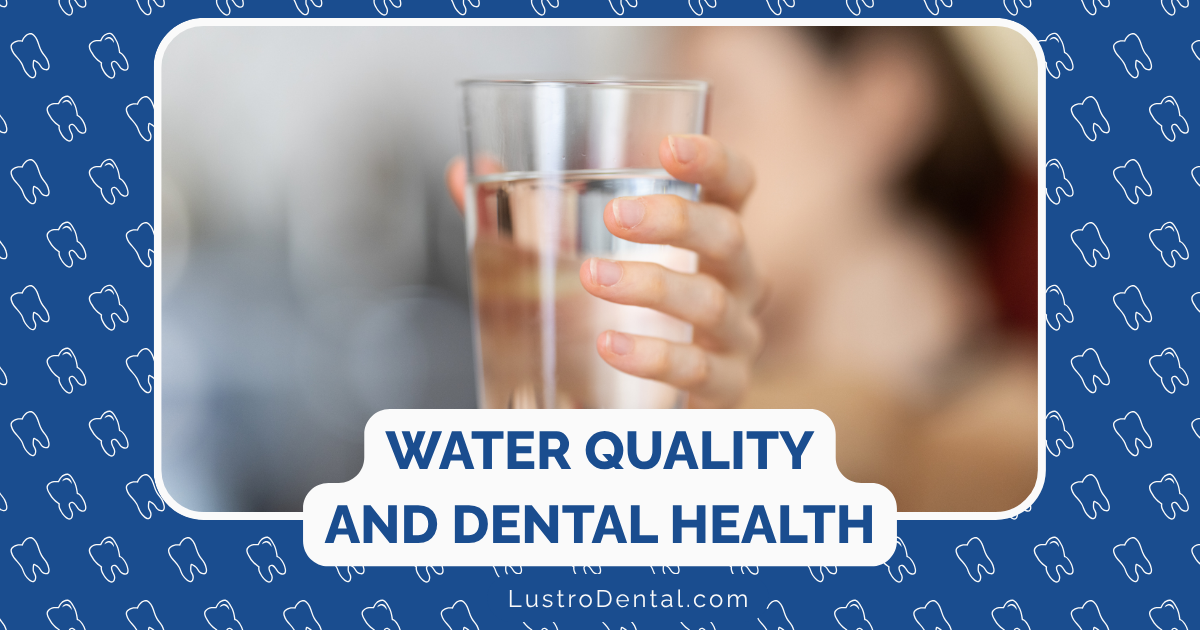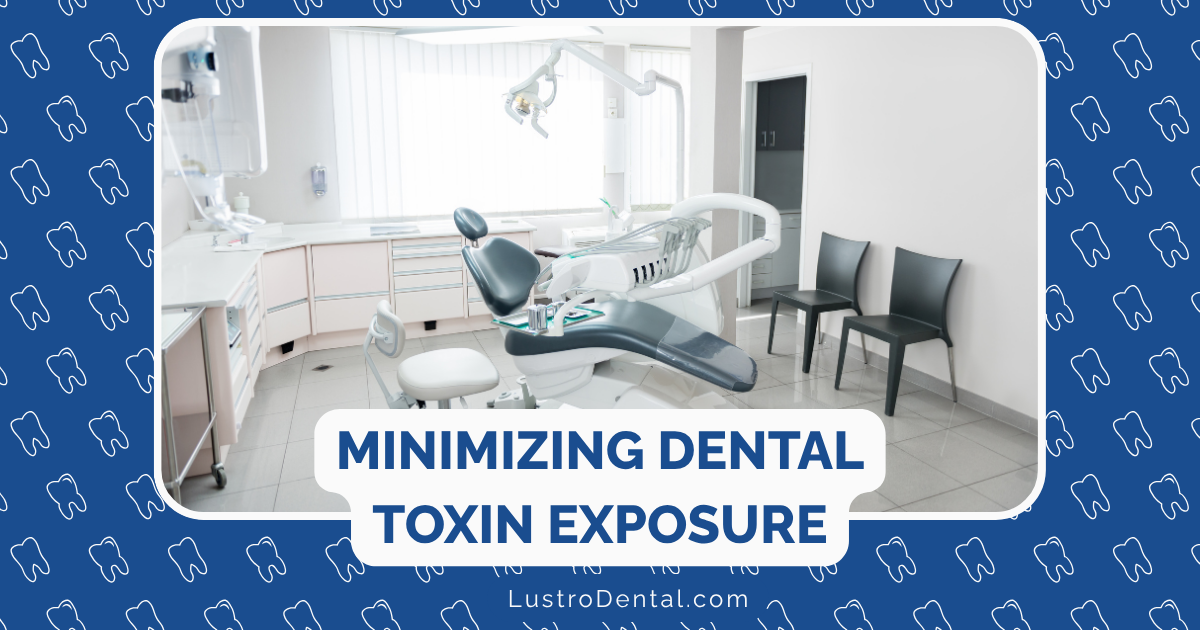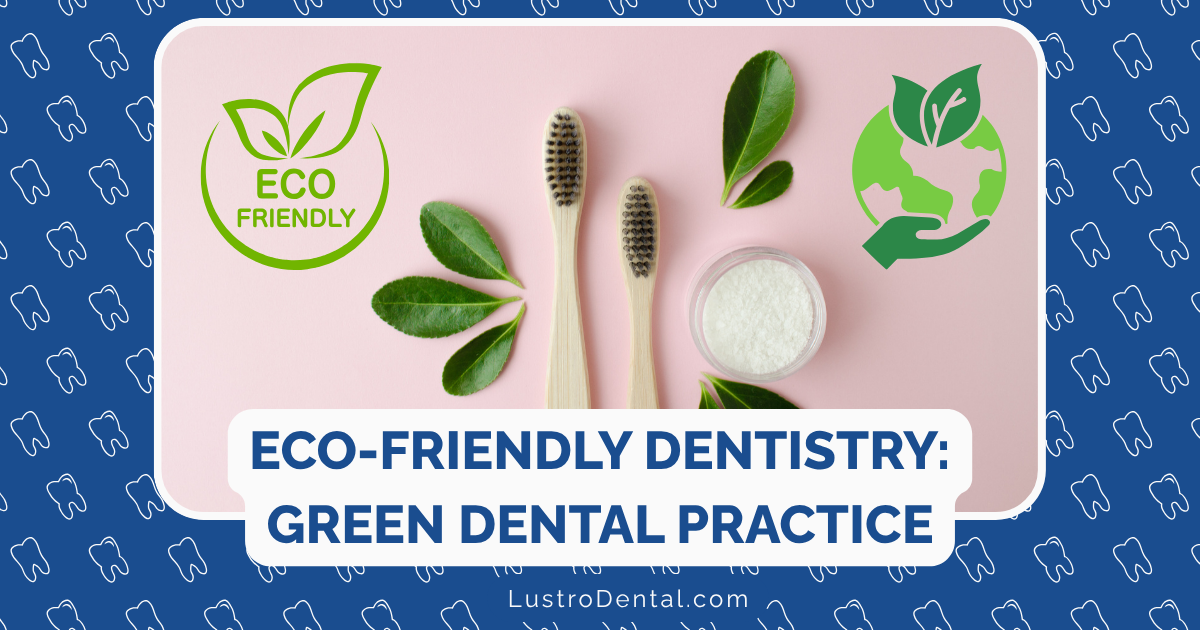The Gut-Mouth Connection: How Probiotics Influence Oral Health
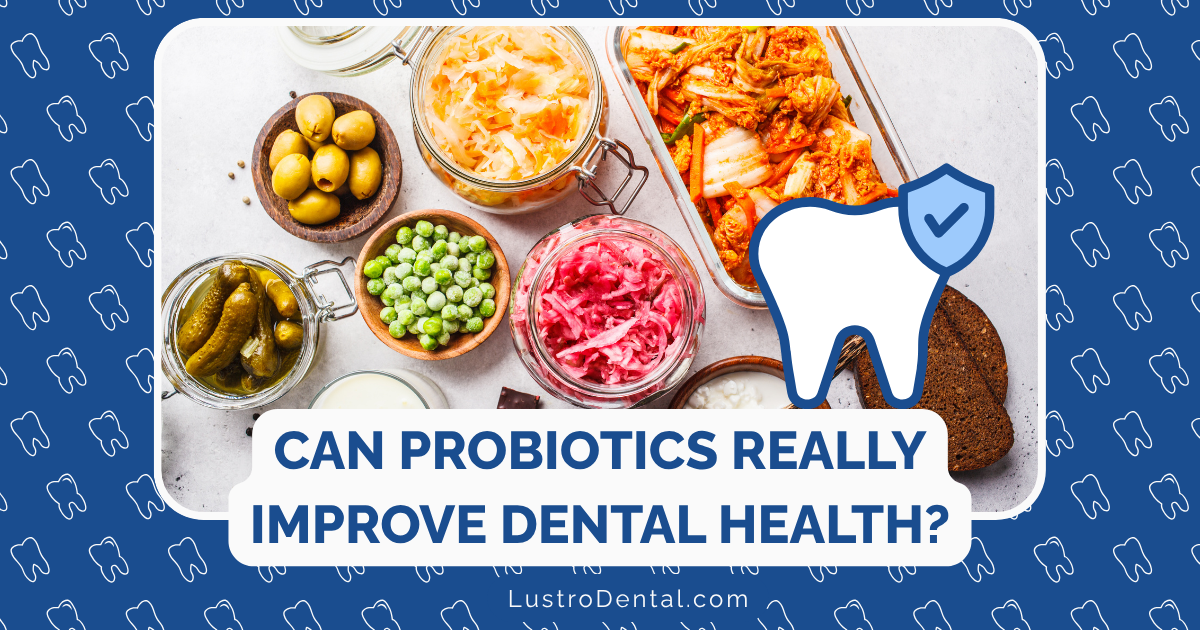
When we think about oral health, we typically focus on brushing, flossing, and regular dental visits. But emerging research reveals a fascinating connection that might revolutionize how we approach dental care: the relationship between our gut and our mouth. This gut-mouth connection represents an exciting frontier in understanding how the microbiomes in different parts of our body communicate and influence each other—and how probiotics might be the key to optimizing this relationship.
As a dental health advocate, I’m passionate about sharing evidence-based approaches that can complement traditional dental care. Let’s explore this connection and discover how probiotics could transform your oral health routine.
Understanding the Oral-Gut Axis
The human body hosts trillions of microorganisms, with distinct communities existing in different areas. Two of the most significant microbiomes reside in our gut and our mouth. For years, scientists viewed these as separate ecosystems, but research now reveals they’re intimately connected through what experts call the “oral-gut axis.”
How Are the Mouth and Gut Connected?
The connection works in several key ways:
- Bacterial Migration – Bacteria from your mouth travel to your gut every time you swallow (approximately 1 trillion bacteria daily). Research published in the Journal of Oral Microbiology suggests that oral bacteria can colonize the gut and influence its microbial composition.
- Immune System Communication – Both the mouth and gut contain significant immune tissue that communicates through a complex network of signaling molecules. Inflammation in one area can trigger inflammatory responses in the other.
- Shared Microbial Species – Several bacterial species found in the gut also reside in the mouth, creating parallel environments that respond to similar influences.
- Systemic Circulation – Bacteria and their byproducts can enter the bloodstream through inflamed gum tissue, potentially affecting gut health and overall systemic health.
A study published in Science found that changes in oral bacteria composition could predict changes in gut microbiome composition with remarkable accuracy, highlighting just how interconnected these systems are.
The Microbiome Imbalance: Where Problems Begin
Both the mouth and gut maintain delicate balances of beneficial and potentially harmful microorganisms. When this balance tips—a condition called dysbiosis—problems can arise in both locations.
Oral Dysbiosis
In the mouth, dysbiosis often manifests as:
- Increased plaque formation
- Gum inflammation and bleeding
- Higher risk of cavities
- Persistent bad breath
- Greater susceptibility to oral infections
Gut Dysbiosis
In the gut, dysbiosis can lead to:
- Digestive discomfort and irregular function
- Nutrient absorption issues
- Increased gut permeability (“leaky gut”)
- Systemic inflammation
- Immune system dysregulation
Research published in the Journal of Dental Research demonstrates that patients with inflammatory bowel diseases often show higher rates of periodontal disease, suggesting a bidirectional relationship between gut and oral health.
How Probiotics Bridge the Gap
Probiotics—beneficial live microorganisms—offer a promising approach to addressing both oral and gut dysbiosis simultaneously. By introducing specific beneficial bacterial strains, probiotics can help restore balance to these microbiomes.
Mechanisms of Action in Oral Health
Probiotics support oral health through several mechanisms:
- Competitive Exclusion – Beneficial bacteria occupy space and consume resources that would otherwise be available to harmful bacteria.
- Biofilm Modification – Probiotics can alter the structure of dental plaque, making it less pathogenic.
- pH Regulation – Many probiotic strains help maintain a healthier pH in the mouth, reducing the acid that damages tooth enamel.
- Immune Modulation – Probiotics can reduce inflammation in gum tissue by influencing immune responses.
- Antimicrobial Compounds – Certain probiotic strains produce natural antibacterial substances that target harmful oral bacteria.
The Scientific Evidence
The benefits of probiotics for oral health are supported by growing scientific evidence:
- A systematic review in the Journal of Periodontology found that probiotic supplementation significantly reduced plaque accumulation and gingival inflammation.
- Research published in Clinical Oral Investigations demonstrated that specific Lactobacillus strains reduced the counts of Streptococcus mutans, the primary bacteria responsible for tooth decay.
- A study in the Journal of Clinical Periodontology showed that probiotic lozenges containing Lactobacillus reuteri improved clinical outcomes in patients with chronic periodontitis.
ProDentim: The Gold Standard in Oral-Gut Probiotic Support
Among the many probiotic supplements targeting oral health, ProDentim stands out for its scientifically formulated blend of probiotic strains specifically selected to support both oral and gut health through the oral-gut axis.
What Makes ProDentim Different
ProDentim’s formula contains 3.5 billion probiotic CFUs (colony-forming units) from strains that have been clinically studied for their oral health benefits:
- Lactobacillus Paracasei – This powerful strain has been shown to reduce plaque formation, support gum health, and maintain optimal oral pH balance. Research indicates it can help inhibit the growth of pathogens associated with periodontal disease.
- Lactobacillus Reuteri – Clinical studies demonstrate this strain’s effectiveness against Streptococcus mutans, the primary bacteria responsible for tooth decay. It also produces natural antimicrobial compounds called reuterin that help calm inflammation in the gums.
- Bifidobacterium Lactis BL-04® – This specialized strain helps maintain healthy oral flora while supporting immune function in the mouth. Studies show it can suppress periodontal pathogens and enhance local immune activity.
Beyond Probiotics: A Comprehensive Approach
ProDentim’s formula goes beyond basic probiotics to support the oral-gut connection with additional beneficial ingredients:
- Inulin – This prebiotic fiber nourishes beneficial bacteria in both the mouth and gut, creating an environment where probiotics can thrive. It serves as a critical bridge in the oral-gut axis by supporting microbial balance in both locations.
- Malic Acid – Derived from fruits, this natural compound increases salivary flow, which helps neutralize acids and maintain enamel strength. It also gently whitens teeth by removing surface stains.
- Tricalcium Phosphate – This bioavailable form of calcium supports tooth remineralization, helping to strengthen enamel and protect against acid erosion.
- Peppermint – Beyond providing fresh breath, peppermint contains natural compounds with antimicrobial properties that support the action of probiotics.
The Dual-Action Benefit
What truly sets ProDentim apart is its dual-action approach to the oral-gut axis:
- Oral Microbiome Support – The probiotic strains establish themselves in the oral cavity, helping to balance the microbiome, reduce harmful bacteria, and support gum health.
- Gut Health Enhancement – As you swallow the probiotics, they travel to your digestive system, where they continue their beneficial activity, supporting gut health and enhancing the gut-mouth connection.
This comprehensive approach addresses both ends of the oral-gut axis, creating a synergistic effect that supports overall health beyond just the mouth or gut alone.
Real-World Benefits of Targeting the Oral-Gut Connection
Users of oral probiotics like ProDentim often report improvements in both oral and digestive health:
Oral Health Benefits:
- Reduced gum inflammation and bleeding
- Decreased plaque formation
- Fresher breath that lasts throughout the day
- Less tooth sensitivity
- Stronger enamel resistance to acids
Gut-Related Benefits:
- Improved digestive comfort
- More regular digestive function
- Reduced bloating
- Enhanced nutrient absorption
- Support for overall immune function
How to Incorporate Oral Probiotics Into Your Routine
For optimal results with oral probiotics like ProDentim:
- Take consistently – Daily use provides the best results, as probiotic colonies need regular replenishment.
- Use after brushing – Take your probiotic after brushing your teeth, preferably at night when salivary flow is reduced, giving the beneficial bacteria time to establish themselves.
- Allow to dissolve slowly – For oral probiotics in lozenge or chewable form, allow them to dissolve slowly in your mouth rather than chewing and swallowing quickly.
- Maintain good oral hygiene – Probiotics complement rather than replace regular brushing, flossing, and dental check-ups.
- Support with a balanced diet – Limit sugary foods and drinks, which feed harmful bacteria and undermine probiotic benefits.
Beyond Supplements: Dietary Sources of Oral-Gut Supporting Probiotics
While supplements like ProDentim provide targeted, concentrated probiotic support, certain foods can also contribute beneficial bacteria:
Fermented Dairy:
- Yogurt with live active cultures
- Kefir (a fermented milk drink)
- Aged cheeses
Fermented Vegetables:
- Kimchi
- Sauerkraut
- Fermented pickles (not vinegar-based)
Other Sources:
- Kombucha (fermented tea)
- Miso
- Tempeh
These foods can complement probiotic supplements, though they typically don’t contain the specific strains in the concentrations needed for therapeutic oral health benefits.
Success Story: Michael’s Experience
Michael, a 45-year-old marketing executive, had struggled with both gum inflammation and digestive discomfort for years. Despite regular dental care and trying various gut health supplements separately, he continued to experience problems in both areas.
After learning about the oral-gut connection, Michael began taking ProDentim daily. Within three weeks, he noticed his gums looked less red and felt less tender when brushing. By the two-month mark, his dentist commented on the significant improvement in his gum health during his check-up.
What surprised Michael most was the improvement in his digestive comfort. “I didn’t expect an oral probiotic to help my stomach issues, but it makes sense now that I understand the connection between my mouth and gut,” he shared. “My digestion is more regular, and I have less bloating after meals. It’s like I’ve addressed two health concerns with one solution.”
The Future of Oral-Gut Health
Research into the oral-gut axis is still evolving, but it represents one of the most exciting frontiers in both dental and digestive health. As our understanding grows, we can expect to see more targeted probiotic formulations and personalized approaches based on individual microbiome profiles.
What’s clear is that the traditional separation between oral health and digestive health is becoming increasingly outdated. A more holistic approach that addresses the interconnection between these systems offers promising new avenues for improving overall health and wellbeing.
Conclusion: A Balanced Approach to Oral-Gut Health
The emerging science of the oral-gut connection reminds us that our body functions as an interconnected system rather than isolated parts. By supporting the beneficial bacteria in both our mouth and gut through targeted probiotics like ProDentim, we can potentially improve not just our oral health but our overall wellbeing.
Remember that probiotics work best as part of a comprehensive approach:
- Maintain excellent oral hygiene practices
- Visit your dentist regularly for professional care
- Eat a balanced diet rich in fruits, vegetables, and fiber
- Stay hydrated to support healthy saliva production
- Limit sugary foods and drinks that feed harmful bacteria
By understanding and supporting the oral-gut axis, you’re taking a truly holistic approach to health that recognizes the remarkable interconnectedness of your body’s systems.
Have you noticed connections between your oral and digestive health? Share your experiences in the comments below!


